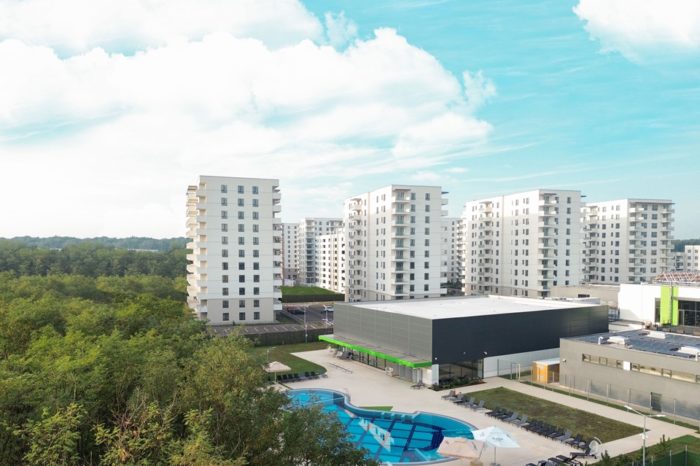Colliers: House prices could rise faster than earnings

Falling housing approvals and therefore supply, coupled with rising demand, expectations of easing monetary conditions amid falling inflation and further wage increases, set the stage for rising house price pressures over the medium term. Colliers’ consultants estimate that if current trends continue, residential property prices could return to double-digit growth, outstripping average earnings growth. Buying intentions remain strong despite limited supply, rising prices and still high interest rates. Relative to incomes, buyers are experiencing one of the most favorable periods in history to buy a home in Romania.
“The first half of the year was interesting from a demand perspective, with all major cities recording significantly higher residential sales compared to 2023, and Bucharest reporting an increase of around 22%. Transactions involving single-family homes are well above pre-pandemic levels. Against this backdrop, Eurostat’s recently updated consumer confidence series shows that the intention to buy or build a house in the next 12 months was near record levels in the first quarter of 2024. Although the index has declined slightly, it remains well above the historical average, indicating above-average buying interest. Several economic factors are creating favorable conditions for buyers, from accelerating wage growth—which has once again outpaced inflation—to interest rate cuts by the central bank, with two decisions already made and more likely as inflation continues to decline”, explains Gabriel Blăniță, Associate Director Valuation & Advisory Services at Colliers Romania.
House prices are currently rising at a single-digit pace, close to the upper end of the range but slightly below average wage growth, which has been around 13% a year, according to the latest data from Colliers. This suggests some improvement in affordability. At the same time, Colliers’ consultants note a general decline in the number of permits for residential projects, both in Bucharest and in other regions of the country. This decline is explained by various administrative problems, particularly in Bucharest, but also by increased caution on the part of some developers.
The final data for 2023 confirms a slight decrease in total residential deliveries compared to 2022, with around 71,000 units delivered compared to 73,000 in the previous year. However, 2022 was an all-time record, so the 2023 results remain quite solid. In addition, Colliers consultants point out an interesting detail: deliveries in urban areas increased compared to 2022, setting a new record, while the overall decrease was mainly due to a reduction in completed housing in rural areas.
Available data for 2024 indicates a significant decline of about 20% from the previous year, with around 26,000 housing completions in the first half of the year, compared to 32,000 units in the same period last year. This trend reflects a slowdown in construction activity over the past 12 months, driven by increased caution from developers who are facing concerns about an economic slowdown and still high interest rates. Additionally, difficulties in obtaining permits in certain parts of the country, particularly in Bucharest, have contributed to the decline. However, Colliers consultants believe that overall activity in the real estate market remains stable, and 2024 is expected to be a relatively good year.














